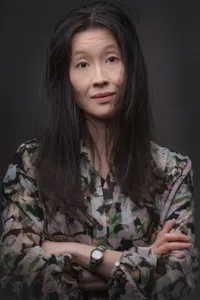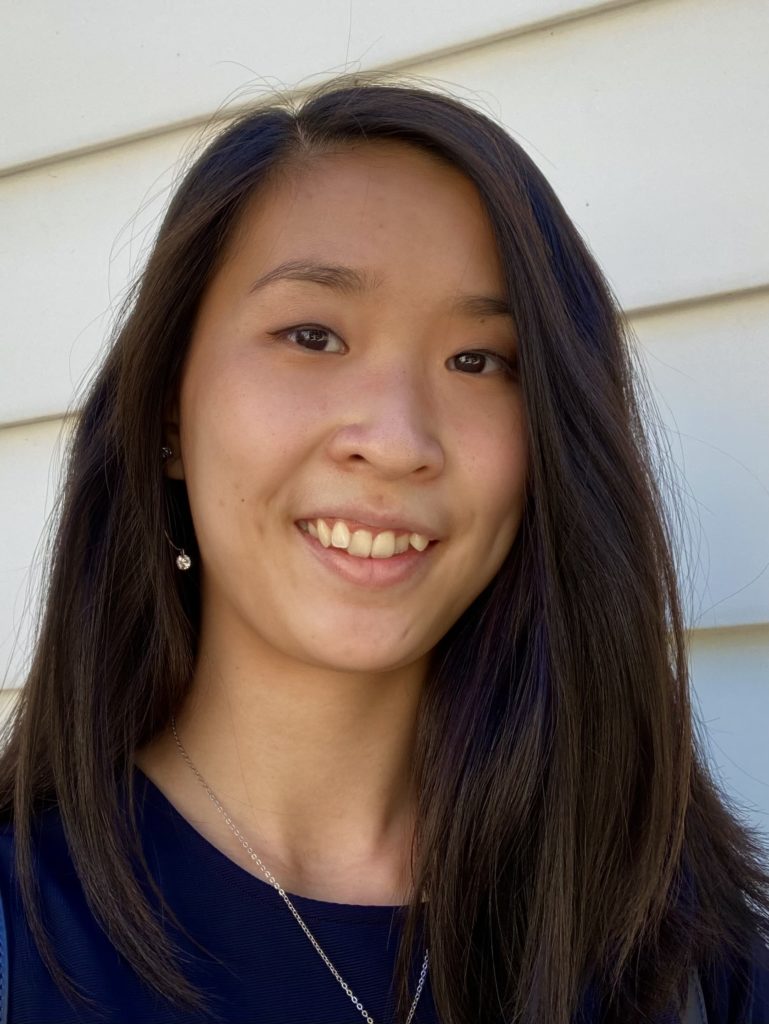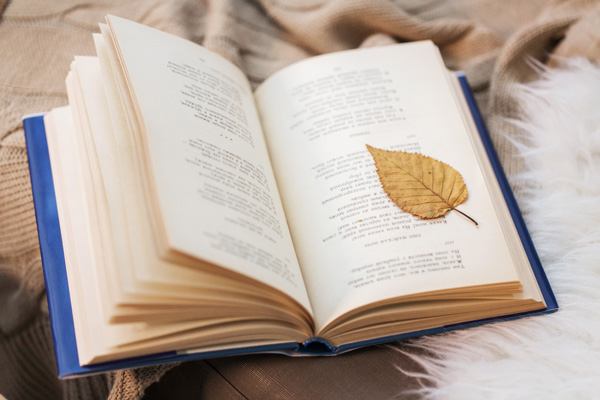About the Prize
The Hope College Academy of American Poets (AAP) Prize award is funded by the University and College Poetry Prize program of the AAP. The academy began the program in 1955 at 10 schools, and now sponsors nearly 200 annual prizes for poetry at colleges and universities nationwide. Poets honored through the program have included Mark Doty, Louise Gluck, Joy Harjo, Robert Hass, Robert Pinsky, Sylvia Plath, Gjertrud Schnackenberg, and Charles Wright. The winning poet receives $100 from the Academy of American Poets.
About the Judge

Our 2022 Judge is the poet, Miho Nonaka. who is a native of Tokyo and a bilingual poet/translator. She is the author of a poetry collection, The Museum of Small Bones. Besides poetry of all kinds, her interests include lyric essay, memoir, Japanese literature, surrealism, and modern European literature. Her scholarly research focuses on 20th century Japanese literature, including Arechi, Tamura Ryūichi, the effects of Emily Dickinson’s poetry in Japanese translation, Endō Shūsaku’s vision of the Church beyond the east-west divide, and Murakami Haruki’s fiction and magical realism.
Winner of the 2022 Academy of American Poets Prize:
Fara Ling

Best of Everything
I last saw my Si Kor Poh
standing knee-deep in the drain,
throwing scoopfuls of a dull yellow liquid
from a bucket onto her Chinese kale.
When my dad parked
she walked slowly out to us,
pail of urine in her right hand and plastic bottle scoop in her left,
legs bowed away from each other,
bones built without milk
over a childhood of battling with ten siblings
for mackerel heads and chicken feet.
She held the pail away from us,
sat on the two-foot high wall,
wiped her fingers on her shorts.
I wish you – best of everything,
she said.
She cradled her fingers in her lap,
root-shaped fingers the color of fried bamboo shoots
she cooked for us several Chinese New Years ago.
Last night, like last year, we ate at a restaurant –
she’s on the wrong side of eighty with
too many relatives to cook for.
She had worn a hairpiece and thick-soled teacher’s shoes.
Lu m’tang go all the way there dui lai with an ang mor boyfriend ah,
she warned,
no coming back with a white boyfriend.
Don’t forget us.
*Si Kor Poh refers to one’s paternal grandfather’s fourth sister
Judge’s comments
At a meditative pace and through carefully chosen details, this poem takes us to another world and lets us meet the speaker’s Si Kor Poh (paternal grandfather’s fourth sister), a woman of remarkable strength and fortitude, who wishes others the “best of everything” she herself lacked in her hard life. This is a deftly crafted poem, and its power lies not only in being a vivid homage to Si Kor Poh, but also in illuminating the emotional complexity of the speaker who must navigate between multiple realms (lands, races, cultures and generations) while being powerfully pulled by the ancestral call of “Don’t forget us.”
Honorable Mention for the 2022 Academy of American Poets Prize:
Eileen Ellis

You Said You Were Born to Be a Writer
In that life, you were a moth –
nothing pretty like those lime green luna moths
with their tapered wingtips and twisted tails and mouths
that somewhere along the way ceased to exist. No –
you were a brown moth, you said. An American dagger moth,
wings dripping with rows of thin black blades, mouth
left hanging open to swallow and spit out words.
No moth is ever born to be a moth
though you said you were. Maybe you just believed
you weren’t born to do anything else – your moth-hood
was merely imitation passion pushed into absence like grout,
left to fill the hollows between tiles made of prematurely cracked cocoons
and left sticky with caterpillar soup – enzymes left over,
you explained, from larvae unable to ever finish digesting
themselves. In that life, you were funny in a way that made people
sorry for you. You ventured that a chrysalis cracked in two before a caterpillar
could finish its self-dinner was not unlike a chicken egg cracked in two –
but instead of a puddle of thick, translucent egg goop,
a day 13 embryo curved like an overcooked shrimp plops
onto the buttered pan, and blood and amniotic fluid begin
to hiss and bubble in the heat –
and this, you rambled, is like the caterpillar
(don’t forget this is about a caterpillar, you said,
the caterpillar that was always supposed to become a moth)
in that it is the complete opposite or maybe just dissimilar
and this must’ve been the moment you looked around and saw mouths
open and tasted sour pity in the air – except you never did notice,
at least not in that life. Deep down, I thought you must’ve known
that a moth is only alive to create more of itself. Writers always know,
right – that they are the real story, which is why when our 36 months
came to an end, you said to me none if it mattered,
it was all nonsense and when I asked why – why
none of it mattered, even after the soup and the chicken
and the egg and the shrimp and the caterpillar
(don’t forget this is about a caterpillar, I pleaded,
the caterpillar that was always supposed to become a moth),
you said it’s because the metaphor was always too obscure, anyway.
Judge’s comments
I love the dark humor and originality of this poem. The well-worn metaphor of the chrysalis is cleverly, if cynically, undermined, and the oft-romanticized idea of being a writer becomes completely dismantled. A writer, like a moth, “is only alive to create more of itself,” suggests the poem while it repeats its shrewd warning: “don’t forget this is about a caterpillar . . . the caterpillar that was always supposed to become a moth.”
Congratulations to our winners, Fara Ling and Eileen Ellis, and a huge thank you to our guest judge, Miho Nonaka. The AAP Committee thanks all applicants for their work & we look forward to reading more next year!


